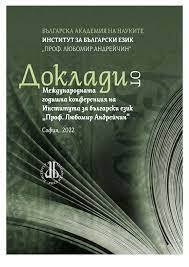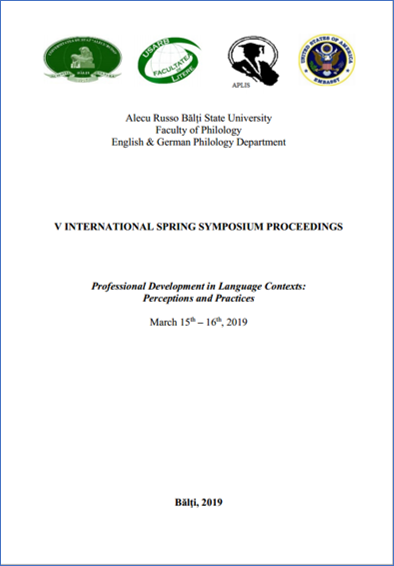
Проблеми на употребата на ренаратива и перфекта за констатация в пресата и онлайн журналистиката
everal issues related to the category of evidentiality in the Bulgarian language are raised in the article. On the one hand, the article deals with renarrative in journalistic headlines, regardless of whether journalists use it intentionally and whether the use of renarrative is a real renarrative or is the homonym past indefinite form - perfect for constatation, in indicative. As for the different uses of this grammatical homonymy, the question is whether a clear semantic distinction can be made between these two cases. On the other hand, when the renarrative is deliberately used by journalists, it serves as an alibi for the news author to distance himself from the unreliable, incorrect content of the information, but at the same time to share that information. As a consequence of this assumption for use of renarrative as an alibi, the renarrative can be seen as one of the linguistic markers of fake news.
More...
